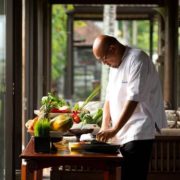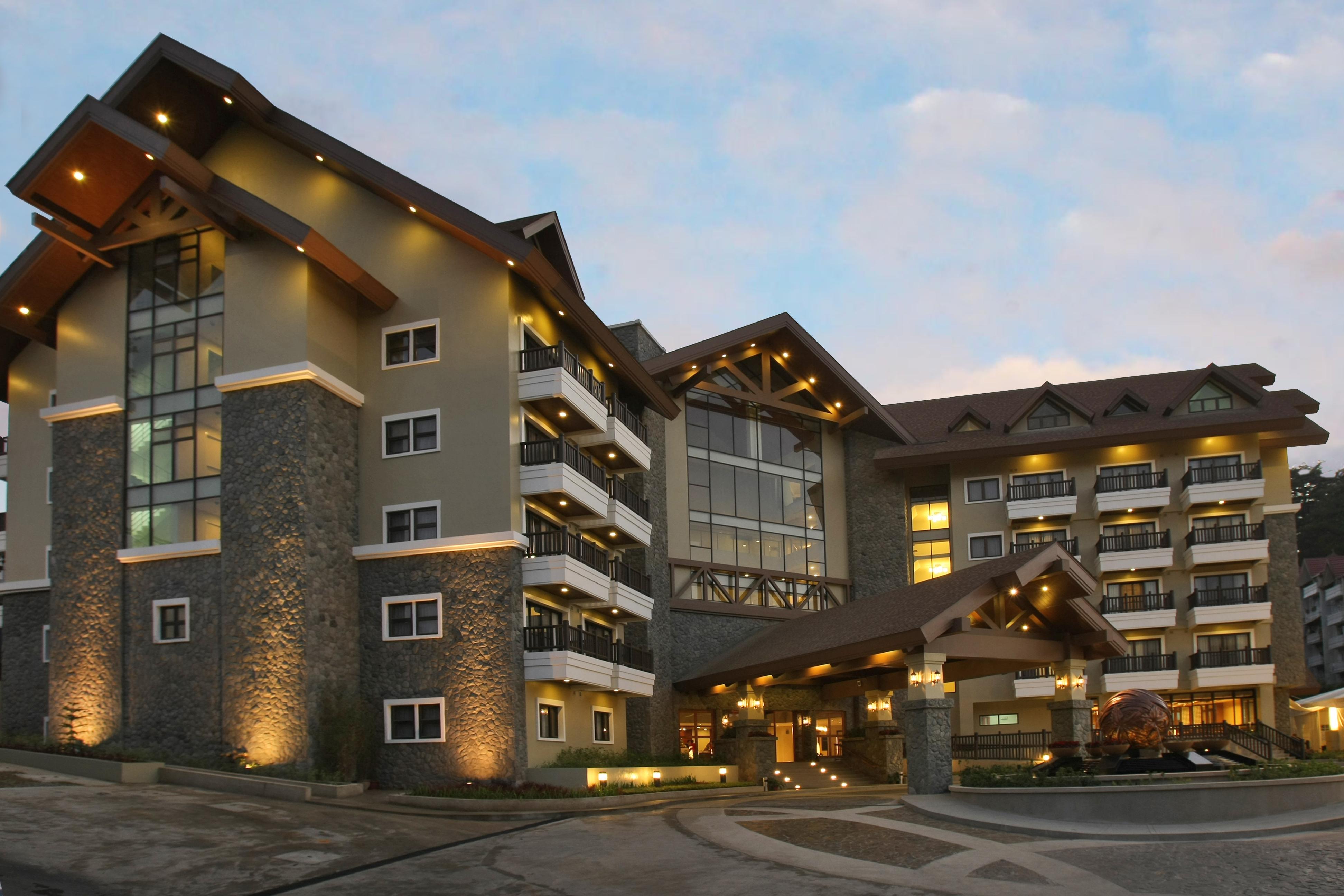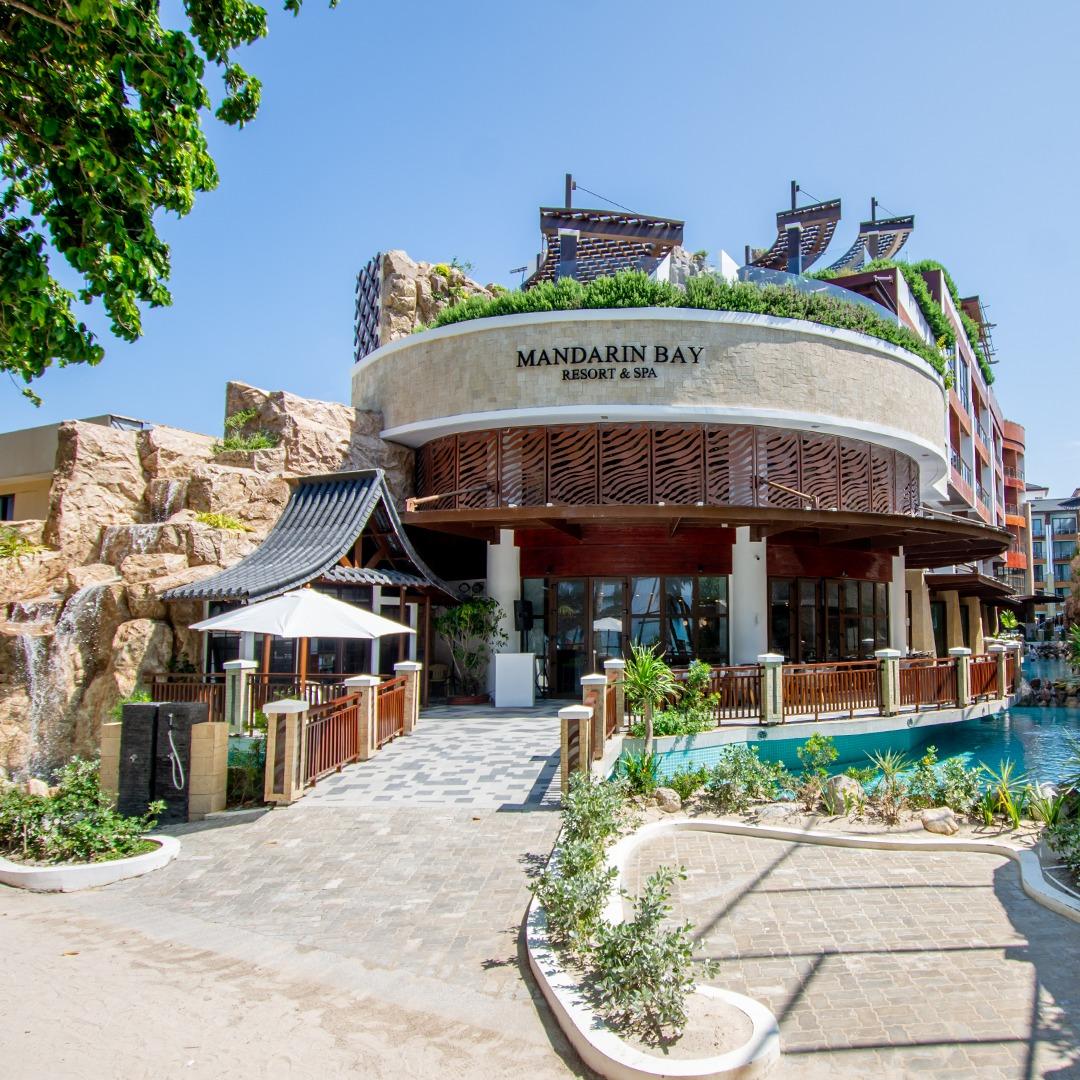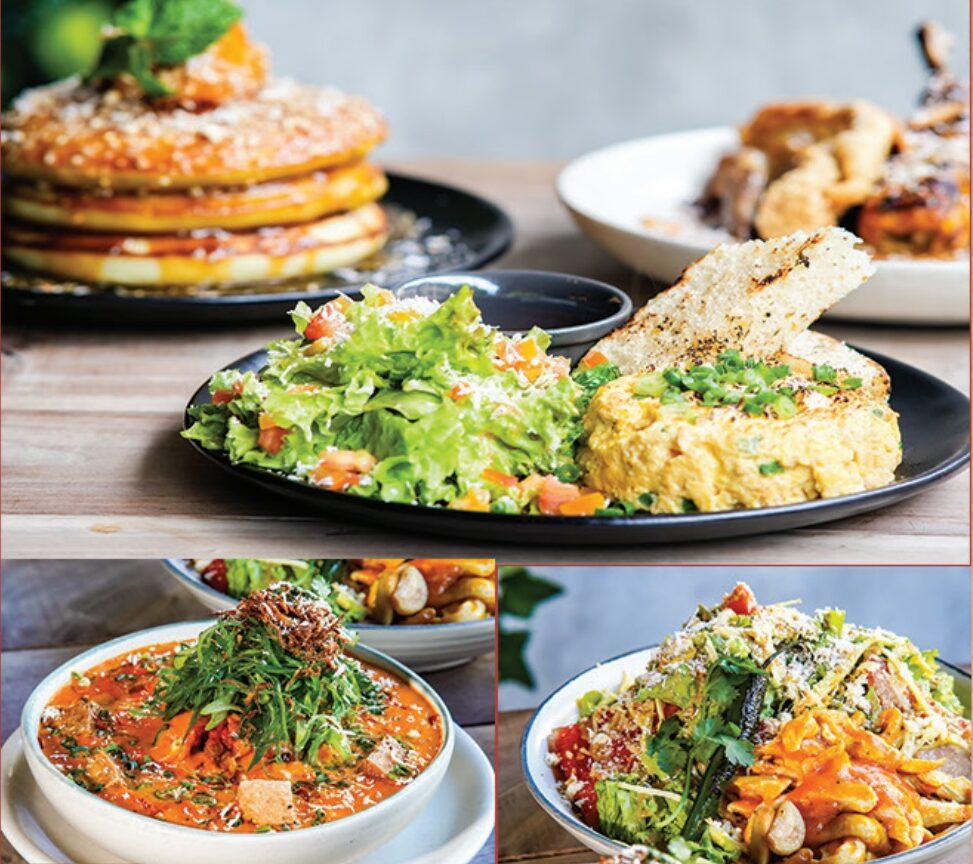Hotels around Asia launch more mindful food initiatives
Hotels and resorts across Asia are choosing to tread more lightly when it comes to their food footprint. From forming partnerships with nonprofits focused on food stability and opening new organic, sustainable restaurants to cultivating their own pesticide-free veggie patches on-site and rolling out new creative vegan menus, these hotels — in Taipei, Vietnam, Bali and Tokyo — are taking more conscious steps forward on the green food front.
Cultivating Mondays for Health
As Taipei grooms its reputation as one of the top destinations in Asia for vegetarian cuisine, the Grand Hyatt Taipei has repurposed the Monday blues as an opportunity to go green. In a new collaboration with Green Monday, a social enterprise that encourages meat-lovers to give up their beloved steak for one day a week to combat climate change, many of the hotel’s nine restaurants have introduced omnipork, a 100% plant-based pork alternative, in their meat-free meals. Yun Jin Chinese restaurant and Pearl Liang Cantonese seafood restaurant have also completely revamped and upgraded their existing vegetarian cuisine. Taipei has a reputation as Asia’s most vegetarian-friendly city. Global animal rights organization, PETA (People for the Ethical Treatment of Animals), named the city the most vegan friendly city in Asia, and according to CNN over 13 percent of Taiwanese are vegetarian.

A Group F&B Manager Puts His Foot Down…Lightly
When wellness-inspired resorts & hotels brand Fusion brought seasoned restaurant manager, David Perlmutter, on board late last year they had bigger plans than just a menu revamp at their properties. The group’s sights were set on bringing food and beverage at all the hotels and resorts to the next level and a key component of their new strategy is to further boost their eco-conscious food choices and decrease their ecological footprint. Under David’s watch Fusion’s restaurants are set to see an increase in their creative and delicious vegan and vegetarian options, with additions like wood fire roasted whole turmeric organic cauliflower and grilled Vietnamese eggplant caviar with crispy sesame rice crackers, being added to the menus. There’s already been an increase in farm-to-table dining, especially at the newest Fusion property, Alba Wellness Valley by Fusion, where they have a 1,000-square-metre veggie patch that will eventually supply all the resort’s restaurants. Fusion Maia Danang also has an organic veggie garden they’re tapping for herbs and vegetables. Soon Fusion properties with gardens will be reusing fruit and vegetable peels for garden compost to complete the circle.

A Very Parochial Take on Farm-to-Table
At the Chedi Club Tanah Gajah, most of the kitchen’s produce commutes less than 50 yards from a thriving vegetable garden — the tarragon, garlic chives, oregano, marjoram, lemon balm, cinnamon basil, Vietnamese coriander, turmeric, and vegetables from okra to eggplants, along with fruits ranging from limes to durian. The mastermind behind the initiative, Chef Khairudin ‘Dean’ Nor, harvests edible weeds and bark from the cinnamon trees. For other essentials he tries to go not too far afield. The resort gets its eggs from a farmer just beyond the rice paddies to the west of the grounds. Its fresh tofu is homemade in Pejeng village, with none of the artificial ingredients you’ll find in store bought brands. In fact, he conducts random spot checks of suppliers to make sure they’re living up to their local claims. Dean’s very parochial take is so inspiring that even the spa is now sourcing botanicals from his gardens for massage oils.

Mamas Cook Slow Food at The Anam
When it comes to cooking, nothing is as sacrosanct as a home-cooked meal. That’s why the Anam has recruited a half-dozen mothers of its staff to serve up an authentic slice of Vietnamese culture every Friday evening. Drawing on centuries-old recipes handed down the generations, the mother cooks serve up timeless Vietnamese classics, as if they were cooking for their own families. As part of the Anam’s “Mama’s Cooking” culinary experience, the mothers plate up fresh, healthy and delectable Vietnamese fare at cooking stations. As the resort’s executive chef Peter Ye points out, Mama’s Cooking is very much the definition of slow food – food that’s produced or prepared in accordance with local culinary traditions typically using high-quality locally sourced ingredients. The Anam has also introduced separate vegetarian and vegan menus in all of its four restaurants, sources its fruit and vegetables locally, and the seafood on its menus is SASSI-friendly (the Southern African Sustainable Seafood Initiative supported by the WWF). The resort will also soon start growing its own herb garden.

Palace Hotel Tokyo Partners with Alain Ducasse on New Sustainable, Organic Restaurant
The iconic Japanese property is teaming up with DUCASSE Paris, founded by world-famous chef Alain Ducasse, to unveil a brand new restaurant on its premises – scheduled to open on November 1, 2019. Chef Ducasse and his team will be overseeing the new restaurant, where patrons can look forward to a new contemporary approach to French haute cuisine – an approach which aims to re-establish the connection with nature not only by bringing out the original, natural flavors of ingredients, but also by promoting the procurement of sustainable, organic, local ingredients.






